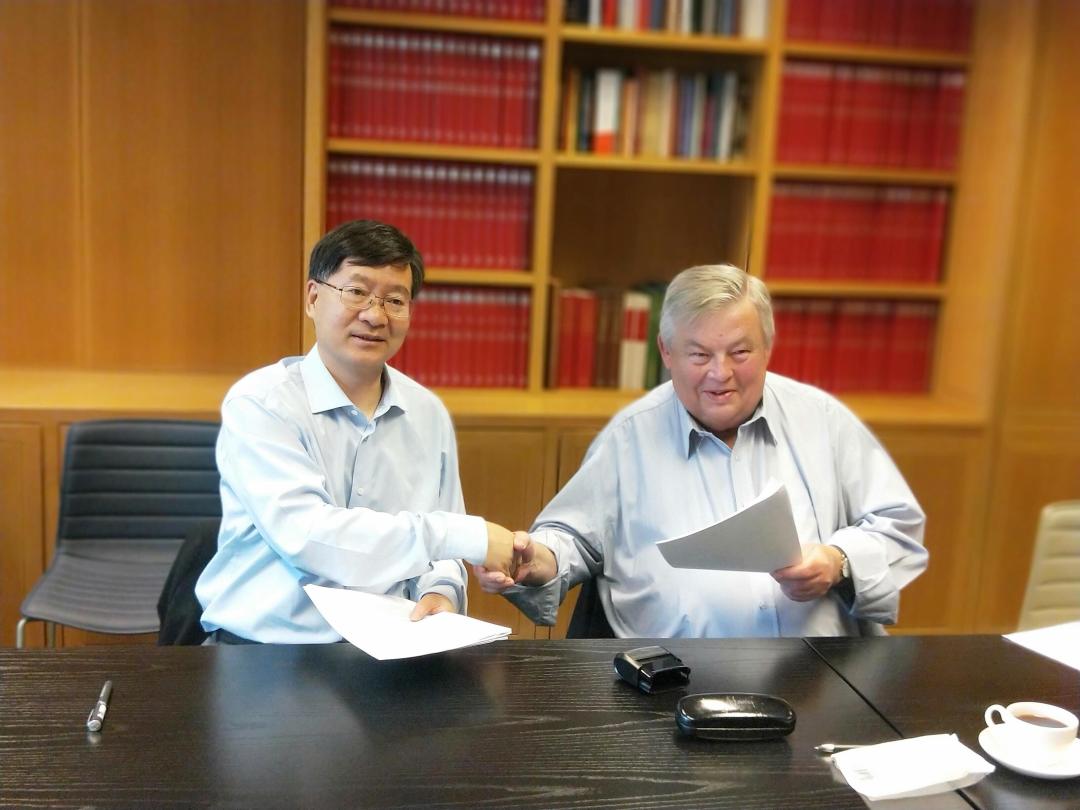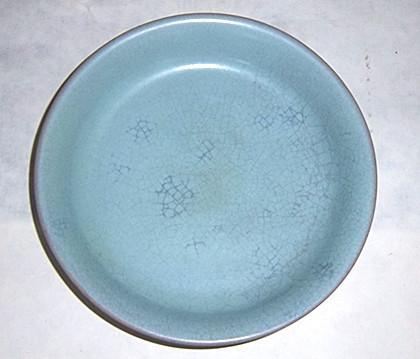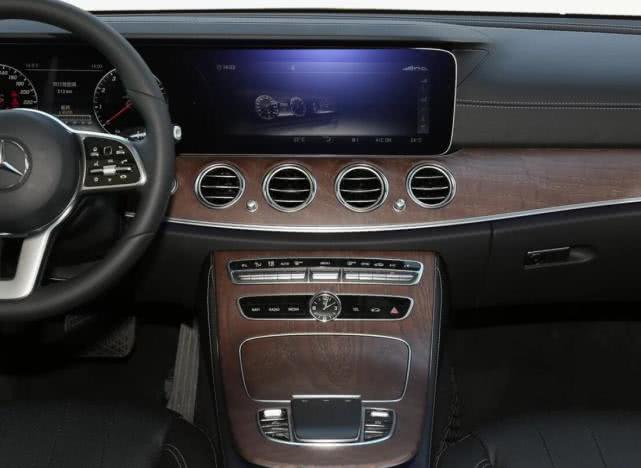摘要:本文简要概述了中国文化的发展历程。从古代文明的起源开始,探讨了传统文化如儒家思想、道家哲学和佛教的影响。文章还提到了现代中国文化的发展,包括科技、艺术和教育等领域的进步。通过深入了解中国文化的演变,可以更好地理解其历史背景、核心价值观和社会变迁。
Chinese culture, enriched by thousands of years of history, has evolved significantly, forming a unique and profound cultural heritage. This article provides a concise overview of the development of Chinese culture, highlighting its evolution and key milestones.
Prehistoric Times: The Origin of Chinese Culture
Before the recorded history, the Neolithic Age marked the beginning of settled life in China, with the emergence of agriculture and civilization. The development of primitive art, craftsmanship, and writing systems laid the foundation for future cultural advancements.
Ancient Times: The Dawn of Cultural Splendor
The Xia, Shang, and Zhou dynasties witnessed the establishment of Chinese classical culture. The development of philosophy, literature, art, music, and politics during this period was remarkable. The works of Confucius, Mozi, and other great thinkers formed the basis of traditional Chinese philosophy.
The Qin and Han dynasties (206 BC – AD 8) marked a significant milestone in cultural development. The unification of China under Qin Shi Huang’s reign established a strong central government and promoted cultural integration. The Han dynasty witnessed the flourishing of literature, art, and philosophy. The works of Ban Gu’s "Biography of Mencius" and "Biography of Confucius" are significant contributions to Chinese cultural heritage.
Middle Ages: Cultural Diversity and Integration
The Tang (AD 618-907) and Song (AD 960-1279) dynasties marked a new era in cultural development. The Tang dynasty saw the flourishing of poetry and art, with works like "Poetic Records of the Tang Dynasty." The Song dynasty witnessed the development of literature, painting, porcelain making, and scientific advancements in fields like medicine and agriculture.
Modern Times: Cultural Evolution and Globalization
The modern era has witnessed rapid transformation in Chinese culture due to globalization and technological advancements. Cultural practices like the integration of traditional festivals with modern events have gained popularity. The revival of traditional crafts like silk reeling and porcelain painting has also been significant. The modernization of Chinese literature, cinema, music, and art has further enriched the cultural heritage.
Moreover, China’s cultural influence has expanded globally, with various cultural exchanges and collaborations with other nations. The promotion of Chinese language and culture worldwide has further strengthened China’s cultural identity and global standing.
Conclusion: The Future of Chinese Culture
Chinese culture has a rich history spanning thousands of years. It has evolved through various stages, adapting to changing times and environments. Today, Chinese culture stands stronger than ever, with its influence expanding globally. The future of Chinese culture is promising as it continues to evolve and adapt to changing times while preserving its rich heritage.




 鲁ICP备17023353号-2
鲁ICP备17023353号-2
还没有评论,来说两句吧...